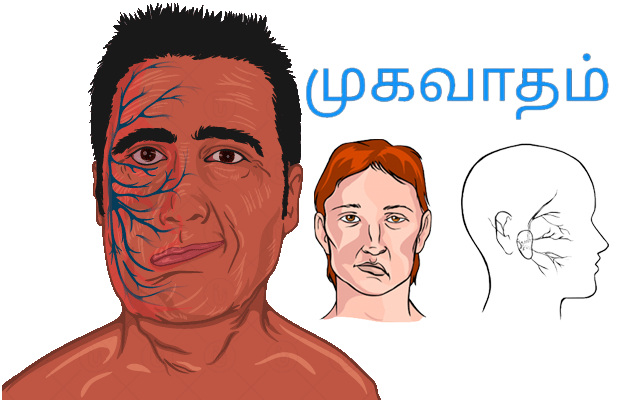Orthopedic Surgical procedure: Price and Problems

Orthopedic surgery
Orthopedic surgery is the treatment of injuries and disorders of the musculoskeletal and its attachments – bones, muscles and joints, ligaments,tendons, peripheral nerves, connective tissue, and muscles.
Orthodontics refers to a broad range of surgical and nonsurgical treatments for any musculoskeletal or athletic injuries.
A few of the most popular orthopedic procedures include hip replacement, partial knee replacement, hip replacement, and replacement of the knee.
Common procedures include surgery to repair the rotator-cuff tendon, reconstruction of anterior cruciate ligaments (ACL), disc surgery and debridement of a surface.
A majority of orthopedic surgeries are done arthroscopically today. This means that an orthopedic surgeon only makes a small incision, and uses delicate instruments to repair the injuries.
According to the American Academy of Orthopaedic Surgeons, musculoskeletal symptoms, which include pain, soreness or discomfort, cramps and limitation of movement, stiffness, swelling, stiffness, and other conditions, were the most common reason for hospitalizations in 2006. According to the American Academy of Orthopaedic Surgeons, more than one-fourth of Americans suffer from musculoskeletal symptoms. The most common impairments are back and knee injuries.
Complications and Risks
Orthopedic surgery is a great option for injuries, fractures, and dislocations that occur in the skeleton or its attachments.
As with all surgical procedures, orthopedic surgery can cause excessive bleeding, infection and allergic reactions to anesthesia. This surgery is associated with risks such as inflammation at the location where foreign objects, like pins, screws or wires, are placed inside the body, surgical wound infections, and damage to nerves and the spinal cord.
Patients may experience persistent pain, swelling and redness.
It is important that your orthopedic surgery is performed by a board-certified, highly skilled and experienced orthopedic surgeon who has the ability to diagnose and treat all types of disorders in the bones, joints and ligaments.
A person’s willingness and ability to accept rehabilitative therapy after surgery is crucial for a successful operation. There are many factors that influence the length of rehabilitation, such as the patient’s age, general health, severity and extent of the injury, as well the patient’s willingness to accept it.
Price
The cost of orthopedic surgery can vary widely from one country to another and from clinic to clinic. Price will also depend on the type of surgery and reputation of the clinic where you are having it done.
The average waiting time for orthopedic surgery in Europe and the West is three to six months. This operation would be expensive if it were done privately.
This can solve the problem. You can expect to pay a fraction of what you would have paid in your home country for surgery in many emerging and industrialized countries such as India, Thailand, and Mexico.
These countries offer orthopedic surgery. This includes shoulder or knee replacement surgery, hip replacement surgery, spine surgery and back surgery. You can save substantial money even if you add in flights, accommodation, meals, and local transportation.






